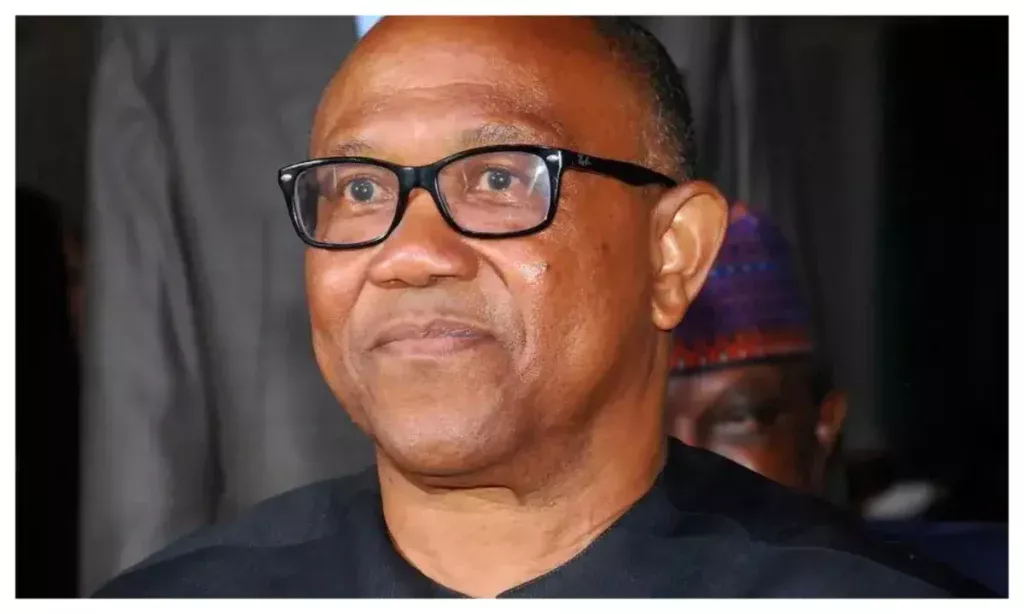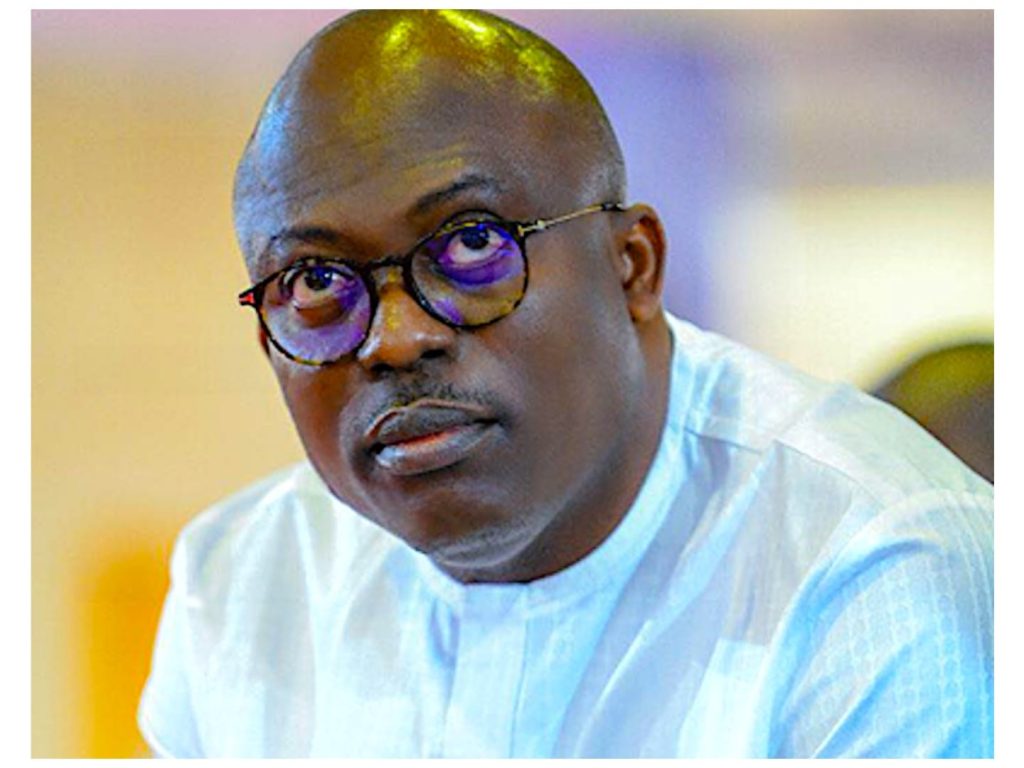A Warning to Peter Obi: The Risks of a Vice Presidential Slot
In a stern warning, veteran journalist Jimi Disu has advised former Labour Party presidential candidate Peter Obi to think twice before accepting a vice presidential slot from Atiku Abubakar, his counterpart in the Peoples Democratic Party. Disu’s caution comes amidst reports of ongoing coalition discussions between the two parties, with Obi potentially being offered the vice presidential position. However, Obi has denied these reports, stating that his involvement in the coalition is aimed at fighting bad governance, poverty, and other challenges faced by Nigerians.
Speaking on Nigerian Info FM 99.3, Disu expressed his concerns, saying, "A Vice President is a spare tyre with no statutory powers in Nigeria’s constitution." He emphasized that Obi should be cautious when dealing with a seasoned politician like Atiku, warning that he could be thrown "to the dustbin" if Atiku becomes president. Disu’s remarks highlight the potential risks and limitations of the vice presidential role, which he believes may not provide Obi with the influence and authority he desires.
Disu’s warning is not unfounded, given the historical context of the vice presidential role in Nigeria. As he noted, the constitution does not provide statutory powers to the Vice President, leaving them vulnerable to the whims of the President. This lack of autonomy and authority could render Obi ineffective in bringing about the change he seeks, despite his intentions to address the country’s pressing issues.
In a telling statement, Disu said, "If I were Obi, I would not risk it because it doesn’t make sense." His words serve as a reminder that the vice presidential slot may not be the best platform for Obi to achieve his goals, especially considering the potential risks and limitations involved. As the political landscape in Nigeria continues to evolve, it remains to be seen whether Obi will heed Disu’s warning and chart a different course.
Ultimately, Disu’s cautionary words highlight the complexities and challenges of Nigerian politics, where alliances and power dynamics can shift rapidly. As the country navigates its political future, it is essential for leaders like Obi to carefully consider their options and prioritize the interests of the Nigerian people. By doing so, they can work towards creating a more equitable and just society, where the voices of all citizens are heard and valued.



